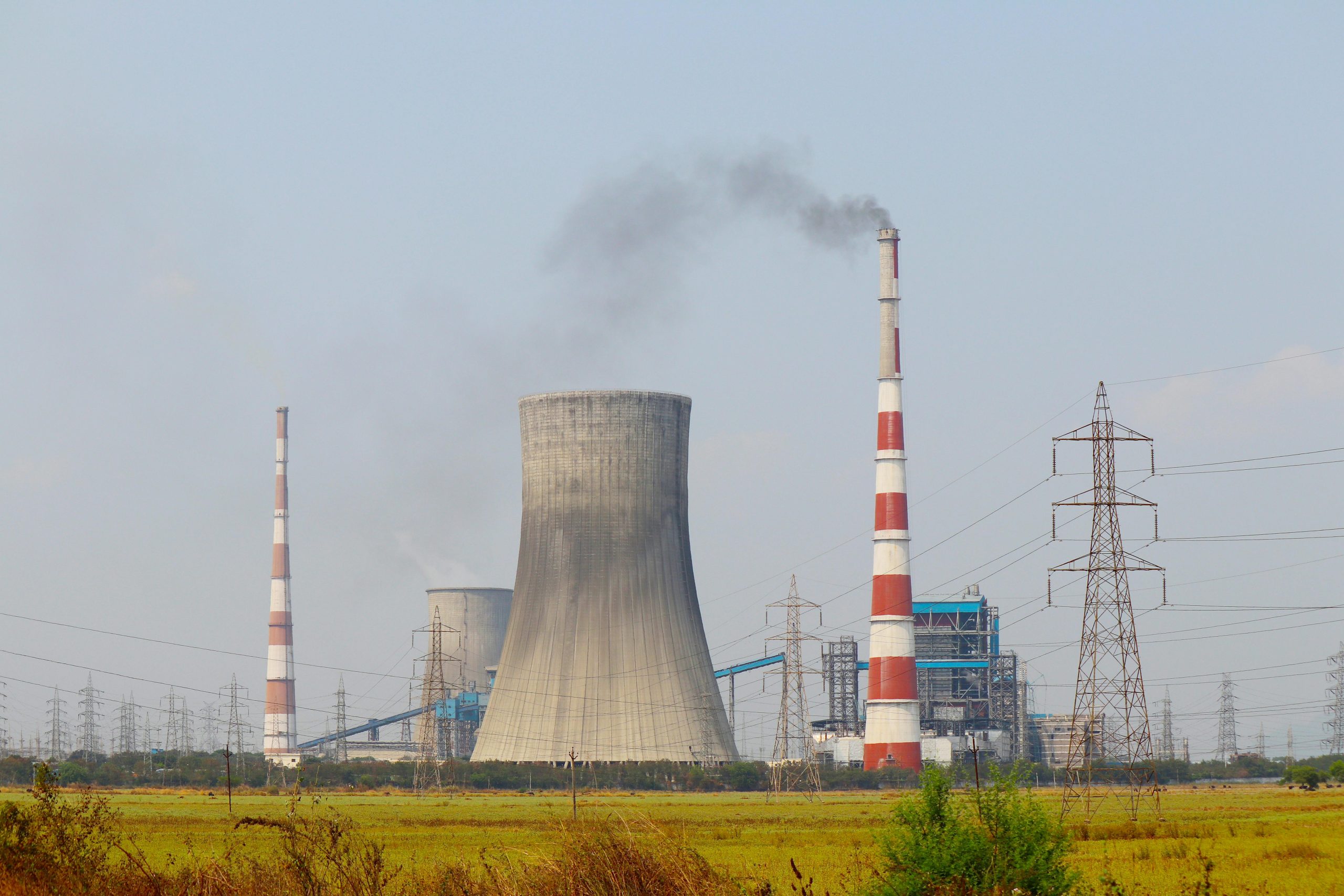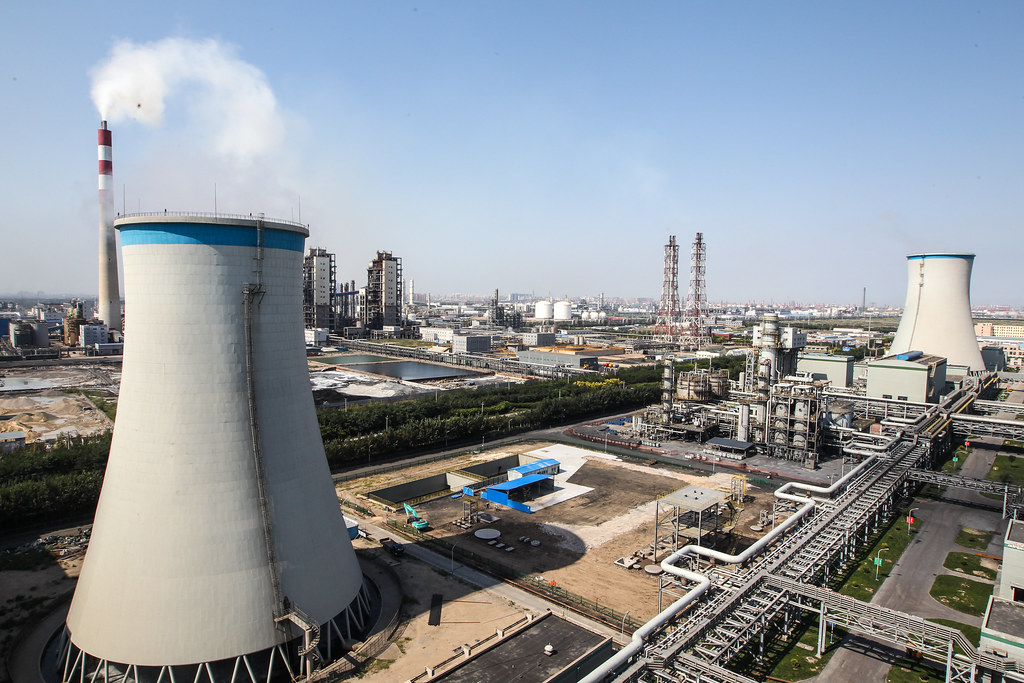
Easwaran J Narassimhan

Easwaran J Narassimhan is a Fellow and Coordinator of climate policy at the Sustainable Futures Collaborative (SFC) in New Delhi, India. He is also a visiting faculty member at the Climate Policy Lab, Fletcher School, Tufts University. Previously, Easwaran was a Fellow at the Centre for Policy Research (CPR) in New Delhi and a Research Fellow at the Kennedy School of Government, Harvard University. At SFC, Easwaran focuses on energy technology innovation, green industrialization, and energy transition in emerging economies. He has also worked extensively on climate policy analysis, including studying market-based and non-market-based policy interventions worldwide and identifying policy mixes for low-carbon development in developing countries. Easwaran holds an MA and PhD in International Affairs from The Fletcher School, Tufts University.
Publications


Blogs
Climate Policy
Navigating India’s Climate Futures Requires a Nuanced and Transparent Approach to Modelling
Nikita Shukla, Aman Srivastava, Easwaran J Narassimhan
14 April 2025
Insights from emissions-economy modelling studies are only as reliable as the methods used to generate them. We present a framework to assess, compare, and interpret the structures and implications of these studies, aiming to spark critical dialogue and foster understanding in India.


Journal articles
Climate Policy
Energy Transitions
Is net zero net positive? – Opportunities and challenges for pursuing a socio-economically sensitive net-zero transition for India
Easwaran Narassimhan, Tarun Gopalakrishnan et al.
Climate Policy Journal | 26 November 2024
Using a mixed methodology of expert elicitation and system dynamics modelling, this article examines the policy gap that needs to be bridged for India to realize its net zero by 2070 commitment. The study discusses a socio-economically sensitive policy mix that could set India on a trajectory to peak its emissions in a decade and zero out its carbon dioxide (CO2) emissions by mid-century, leaving about one gigaton of other greenhouse gases to be decarbonized by 2070 to meet India’s net-zero goal.


Issue Briefs
Climate Policy
Ratcheting Ambition in Climate Finance: Key Challenges and Goals for COP29
Nikita Shukla, Aman Srivastava, and Easwaran J. Narassimhan
8 November 2024
An overview of key issues to watch in discussions on the New Collective Quantified Goal (NCQG), including the role and relevance of the NCQG, strategies for effective implementation, and implications of the outcome for broader climate diplomacy.


SFC Perspectives
Adaptation and Resilience
Climate Policy
Energy Transitions
Environmental Governance and Policy
SFC Perspectives on Adaptation and Resilience, Climate Policy, Energy Transitions, and Environmental Governance and Policy
SFC
SFC | 19 March 2024
SFC Perspectives are intended to stimulate discussion by providing an overview of key issues and avenues for action to inform India's sustainable development trajectory.


SFC Perspectives
Climate Policy
Perspectives on Climate Policy: Embedding a development-centric, climate-ready approach to policymaking
Aman Srivastava, Easwaran J Narassimhan and Navroz K Dubash
SFC | 18 March 2024
The Climate Policy group within SFC approaches policy challenges through a strategic lens, aiming for long-term structural change by shifting discourse, building stronger institutions, and aligning conditions for implementation.


Journal articles
Climate Policy
Strategies for green industrial and innovation policy–an analysis of policy alignment, misalignment, and realignment around dominant designs in the EV sector
Easwaran J Narassimhan, Zdenka Myslikova et al.
Environmental Research Letters | 7 December 2023
This paper explores which combination of technology-push and demand-pull policies best situates a country to lead in clean energy innovation, as new or dominant designs emerge and replace older technologies. A new analytical framework for green industrial policy is applied to BEV drivetrain technology to examine the use of policy alignment and misalignment by countries with big automakers as they pursue strategic green industrial policy.


Opinions
Energy Transitions
India’s just energy transition is more than a coal story
Easwaran J Narassimhan, Ashwini K Swain et al.
The Hindu | 6 February 2023
India’s G-20 presidency is an opportunity for New Delhi to negotiate a deal for itself while also shaping international cooperation on just energy transitions.


Journal articles
Climate Policy
Carbon Pricing in the US: Examining State-Level Policy Support and Federal Resistance
Easwaran J Narassimhan, Stefan Koester et al.
Politics and Governance | 17 March 2022
Federal carbon pricing in the US suffers from the lack of any natural and/or consistent constituency to support it through policy development, legislation, and implementation. While interest group politics have been mitigated by good policy entrepreneurship at the subnational level, the lack of policy entrepreneurship and the changing positions of competing interest groups have kept a federal carbon pricing policy from becoming a reality.


Journal articles
Climate Policy
From fossil to low carbon: The evolution of global public energy innovation
Fang Zhang, Kelly Sims Gallagher et al.
Wiley Interdisciplinary Reviews: Climate Change | 17 August 2021
Global government energy RD&D investments between 2000-2018 are decarbonizing. Nuclear has held steady, fossil fuels have decreased, and clean energy has increased. China and India have now joined the United States and Japan in the ranks of the top four countries overall.




